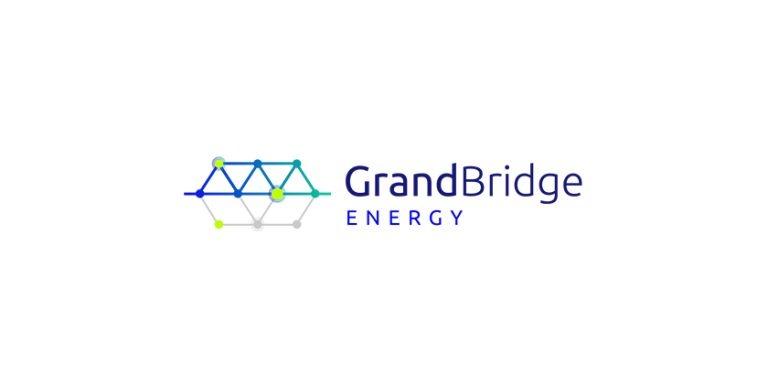Siemens Presents LV Insights X Software to Actively Manage Low-Voltage Grids

September 13, 2023
Siemens is taking another important step to accelerate the energy transition: LV Insights X software, part of the Siemens Xcelerator portfolio, enables distribution grid operators (DSO) to tackle their most pressing challenge: the need to significantly increase grid capacity while grids are already pushed to their limits by the fast increase of decentralized renewable energy infeed and additional consumers such as EV chargers or heat pumps. To avoid power grids from becoming the bottleneck of the energy transition, utilities urgently need to increase their grid capacity and actively manage the low-voltage grid.
LV Insights X empowers grid operators to gain full transparency over the low-voltage level of the grid, reduce outage times by up to 30 percent and increase grid capacity by identifying critical segments. The software lets DSOs create and manage complete low-voltage grid models automatically and with significantly reduced effort, and leverage data to make more effective decisions. Ultimately, they can create a digital twin of the distribution grid with already existing data. The new software paves the way for adaptable and scalable low-voltage grid management.
According to McKinsey, global electricity demand is rising significantly and is expected to triple by 2050, driven by the increasing electrification in heating, transportation and industry. At the same time, the power grid is facing tremendous challenges, especially on the low-voltage grid level.
On the consumer (demand) side, the number of electrical vehicles will increase 13-fold, and in Europe alone, 40 to 50 million additional heat pumps are expected to be installed by 2030. On the generation (supply) side, annual grid connection requests are forecast to increase by a factor of five to eight in the next few years. Most of these changes are happening at the distribution grid level and are pushing existing grids to their limits. The challenge for DSOs is to provide the necessary capacity and connections quickly while dealing with limited resources to keep the grid stable.
“Low-voltage grids can become a trailblazer on our path to net zero,” said Sabine Erlinghagen, CEO of Siemens Grid Software. “But only if we deploy software to increase the capacity of the existing grids quickly. That’s why we are extremely proud to launch LV Insights X. As an industry first, this software enables utilities to actively manage low-voltage grids to gain speed for transforming the overall energy system, make maximum use of the existing infrastructure, and ultimately shape the energy transition.”
When implementing the LV Insights X software, grid operators will benefit from significant time savings, detailed insights as well as more efficient outage management and optimized workflows. Power utilities can break down data silos across departments, stakeholders, and systems. This reduces data handling efforts by up to 80 percent and the time required for grid model maintenance by 50 percent. A digital twin of a low-voltage grid can be created easily by integrating data from various sources, e.g., geographical information systems (GIS), Meter Data Management (MDM) systems, and Advanced Distribution Management Systems (ADMS).
The complete grid topology and all information on the near-real-time grid status become visible and can be monitored at any time via a modern, browser-based user-centric graphical interface – even via mobile devices outside of the control room. For example, with outage zones being visualized on a map, grid operations engineers can identify outages much faster, while an integrated ping function allows them to quickly check the impact of faults. In addition, utilities can significantly improve their planning accuracy, optimize their entire planning activities, and increase the effectiveness of their investments.
Developed as part of the Siemens Xcelerator portfolio, LV Insights X is available as Software as a Service (SaaS). Compared to on-premises software, SaaS guarantees the fastest possible time to operation and significantly lowers entry costs and risks, combined with high scalability and cybersecurity standards.








